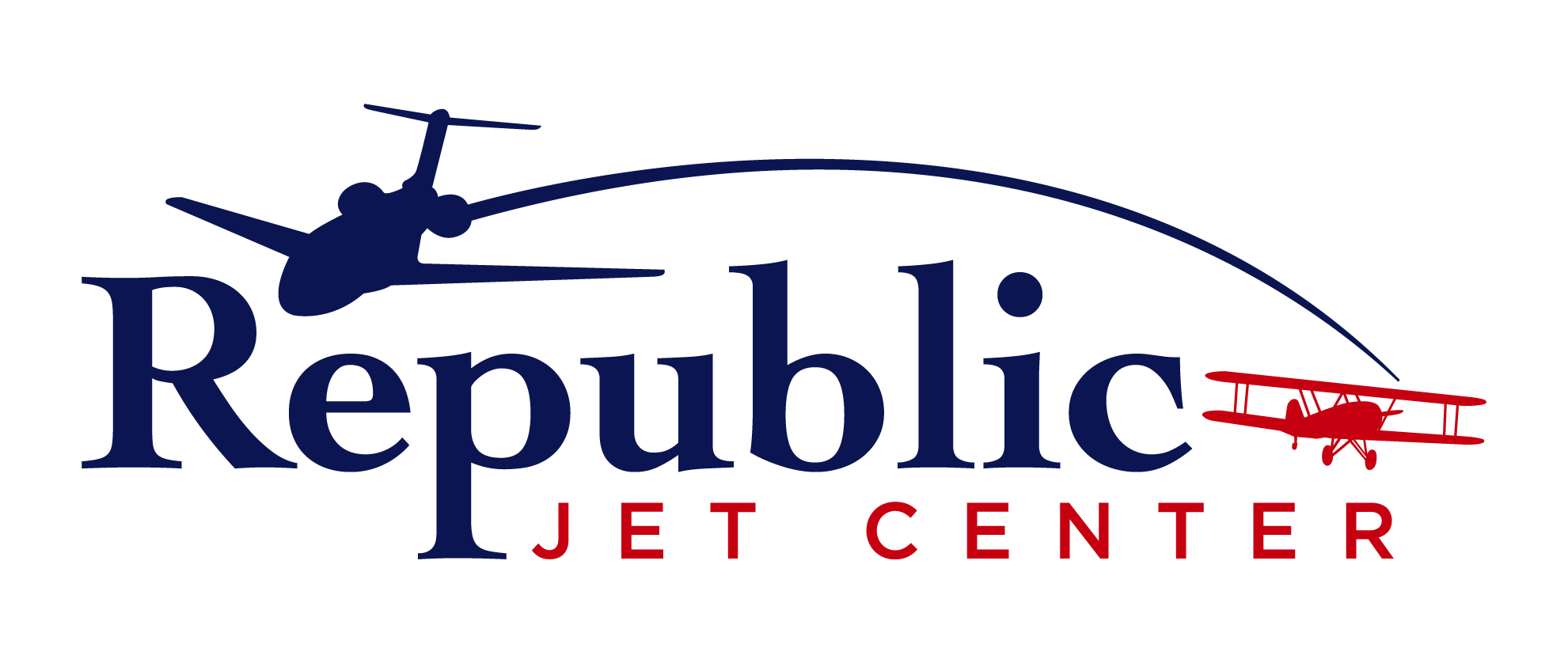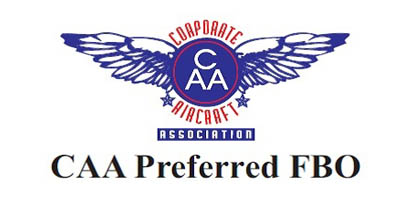According to the National Business Aviation Association, business aviation contributes over $150 billion to the U.S. economy annually.
It also affects the livelihoods of over a million people through their direct or indirect involvement with the industry.
Many of these individuals work in the aircraft management sector. Keep reading to find out more about this important service and why it’s critical for business aviation.
Types of Business Aviation
Officially, the term ‘business aviation’ refers to any use of aircraft for general purposes. That means it includes all flights, except those carried out by the military or scheduled airlines.
The business aviation community comprises mostly small to mid-size companies, using various aircraft for their purposes. These include turbine aircraft, helicopters, and single-pilot airplanes.
Many of these business aviation companies operate in remote areas without commercial airports. They’re also a vital resource in times of emergency due to their small size.
Small aircraft can assist with medical evacuation, fire, and rescue operations. Especially in difficult-to-access areas and places with little infrastructure.
Stringent FAA safety regulations define airworthiness amongst all charter aircraft. That’s so they don’t pose a risk to those they’re meant to assist.
This is only one way that outsourced aircraft management helps maintain safe and efficient business aviation.
Few business owners or jet owners have the resources to employ a team of in-house professionals to house, maintain, and maximize their aviation assets.
What Are Aircraft Management Services?
In the most general terms, aircraft management refers to services related to managing and maintaining a business aircraft.
There are two main categories of private jet aircraft management, namely:
Charter Aircraft Management
These services cater only to aspects related to the rapidly-growing charter flight industry. They work with private aircraft owners to generate revenue from their aircraft when it’s not in use.
A charter manager looks after marketing the availability of the aircraft, taking bookings, collecting payments, and dealing with passengers. The owner maintains the operational needs of the aircraft.
All aircraft must attain a charter certificate from the FAA before they’re used in this manner.
Turnkey Aircraft Management
A turnkey aircraft management company oversees every aspect of the private aircraft’s operations on behalf of the owner, who signs over responsibility for their aircraft to the management company.
These services include the day-to-day maintenance of the aircraft as well as charter bookings. It makes sense for most airplane owners to make use of these all-in-one services, whether they’re using their airplanes for charter flights or not.
Aspects of Turnkey Aircraft Management
The role played by the aircraft management team varies according to location, the client’s needs, and the type of aircraft involved.
In an area with little demand for charter flights, the jet owner could settle for a smaller operator. Busier locations require a team of professionals to manage this aspect.
The best aircraft management companies might offer a range of bespoke services that every aircraft owner needs, including:
Maintenance and Repairs
By law, every airplane owner or operator must maintain a Continuous Aircraft Maintenance Program (CAMP). This involves several important aspects, namely:
Line Maintenance
This is the most common and frequent safety measure and is often undertaken at the airport gate. It involves routine pre-flight inspections, post-flight checks, service checks, and overnight checks.
A Checks
A Checks take place after every 200 to 300 flight or after between 400 and 600 flight hours. This maintenance usually occurs in a hangar, and it takes an inspector up to ten hours to complete.
The inspections include checking the interior and exterior of the airplane for damage, corrosion, or missing parts. It usually includes testing things like emergency lights, checking the parking brake accumulator pressure, and lubricating the nose gear retract actuator.
In some cases, A checks might include aspects of the B check, too.
B Checks
B maintenance checks take place at least every eight months and take up to 180 hours to complete. They include checking the torquing and alignment of the nose landing gear spotlight and inspecting the wheel well hydraulics for leaks and corrosion.
C Checks
These heavy maintenance checks often keep an aircraft grounded for between one and two weeks. They involve examining all the structures and functions of the airplane for damage and corrosion, replenishing lubrication on all cables and fittings, and testing the DC bus tie control unit.
D Checks
D Checks take up to six weeks to complete, but most aircraft only undergo this process every six to ten years. These comprehensive checks involve dismantling the entire aircraft and check-in every component for defects and putting it all back together again.
Like any mode of transport, aircraft are prone to occasional breakages or mechanical failures. An aircraft management company will discover these during routine checks and rectify them before they escalate into more serious issues.
Crew Management
Hiring and managing a pilot and cabin crew is complex enough, without having to handle a team of mechanics, booking agents, and more.
Aircraft management services know where to find experienced employees and make sure they’re qualified for their respective jobs. They’ll take care of hiring, salary negotiations, workers’ compensation, and all the usual HR functions associated with employees.
Crew Members Training
All crew members must undergo annual training to remain in line with industry standards. An aircraft management service will ensure all personnel employed in business aviation meet and exceed these criteria.
Compliance With FAA Guidelines
Thanks to stringent maintenance checks and ongoing staff training, aircraft in the care of these management services retain their airworthy status.
An FAA inquiry into the way businesses run their charter operations can ground aircraft for months or weeks. Keeping the relevant paperwork up to date ensures maximum profits and minimum disruptions.
Financial Management of the Aircraft
Using an aircraft for charter flights is a business on its own. As such, it comes with a lot of paperwork, accounting, and tax implications.
Airline management companies know how to keep the books balanced and ensure financial reporting compliance. What’s more, they’ll use this information to ensure the rates charged for charter services exceed the operational costs of the aircraft.
The best companies can assist business owners with aircraft sales if they want to upgrade their aircraft, sell it, or increase their fleet.
The Benefits of Aircraft Management Services
Comprehensive aircraft management services offer enormous benefits for aircraft owners and the business aviation industry. Without these services, most aircraft owners could never maintain their business aviation ventures at profitable levels.
Convenience
Owning an aircraft requires high levels of involvement from the owner. They may experience issues related to service delivery, staffing, cost controls, and low charter bookings.
It’s best to leave all these complications in the hands of experienced aircraft managers. These experts help prevent these issues from arising and can handle them swiftly if they do crop up.
Aircraft owners needn’t worry about the finer details of owning an aircraft when they hire these management services. Instead, they can rest assured knowing that they’re getting the maximum benefit from their investment.
Cost-Effectiveness
One can imagine the enormous cost involved to hire a specialist to conduct all the above maintenance checks. Management companies hire full-time employees to see to these aspects and split the costs between all their clients.
That means aircraft owners get the same expert service at a fraction of the price.
Thanks to ongoing relationships with trade partners, aircraft management services can negotiate preferential rates on many services.
These include great rates on fuel, aircraft parts, and insurance. These small savings can add up to tens of thousands of dollars over time.
Passenger Services
There are numerous factors involved in managing charter flight bookings. These include attracting customers, negotiating prices, and collecting payments.
Often charter flight passengers require extra services like onboard refreshments or other services. An accomplished aircraft management service takes all these things in its stride.
They can manage concierge services for passengers and mastermind every detail from arrival to departure, to ensure customer satisfaction and repeat bookings.
Satisfied customers spread the word about the conveniences of charter jet travel. This leads to increased profitability for airplane owners and ultimately results in lower prices for passengers.
Criteria for Choosing an Aircraft Management Company
Finding a suitable aircraft management company is a time-consuming and often complex process and is closely linked to the benefits mentioned above. These are the things to consider:
Operational Needs
Several operational factors determine the best management company for an aircraft owner’s needs. These hinge mainly on whether the owner uses the aircraft for charter flights or solely for their business use.
Location is a very important consideration. In some cases, owners can benefit from increased flight revenue if they keep their aircraft somewhere other than their home base, especially if they don’t often use it themselves.
This will limit the availability of the aircraft for personal use and will result in added costs to fly it back when needed. So, it’s important to keep this in mind when choosing a location.
The aircraft model also plays a role in selecting a management service. Some are more accomplished and qualified than others when it comes to maintaining more advanced aircraft.
Often, consulting an aviation advisor can help streamline this process.
Credibility and Reputation
There are thousands of aircraft management companies operating in the U.S. Once an owner has identified their operational needs, it’s easier to pinpoint the most suitable ones.
Websites, customer reviews, and word-of-mouth referrals all go a long way toward identifying the best ones. Owners should also check that the management company has years of industry experience, as well as expertise in managing their type of aircraft.
Availability of replacement aircraft to service customers in the event of problems is another definite benefit. A large portfolio of aircraft and clients often indicates financial stability, too.
An onsite inspection can reveal much about the way a company operates and provide insights into its efficiency. It’s also a good opportunity to get answers to any questions the owner might have.
Flight Crew and Maintenance Capabilities
An owner must inquire about how the manager handles flight staffing, vetting of potential employees, and ongoing training.
Staffing can vary widely depending on the size of the operator and how busy they are. Insufficient staff members can cause delays in maintaining the owner’s aircraft and affect their charter business negatively.
Having a dedicated on-site flight crew is always preferable to hiring different personnel for every flight.
The manager must have the facilities and personnel to service and maintain aircraft satisfactorily on site. They must have knowledge of all the required checks and show a willingness to provide a schedule of when these will take place.
Financial Reporting
An aircraft management company must have a financial reporting system in place. They should provide owners with regular updates and transparent records of all expenses and income related to every aircraft in their care.
Owners should have the option to audit the financial records as required and question any aspects related to these.
A Comprehensive Contract
An aircraft is an exceptionally valuable asset with highly specialized needs. So, any contract relating to its care must include every detail.
Before signing up with an aircraft management service, the owner must go through this agreement thoroughly. It’s vital to ask for clarity regarding any vague areas.
Profiting From Your Business Aircraft
As the premier Fixed Base Operator in New York, Republic Jet Center can assist in many areas of business aviation.
We offer extensive aircraft storage, maintenance, and repair services. Our upmarket passenger terminal offers everything charter jet passengers require, including access to one of the world’s most exciting cities.
Get in touch for information on how we can best assist you with your aircraft management requirements.











